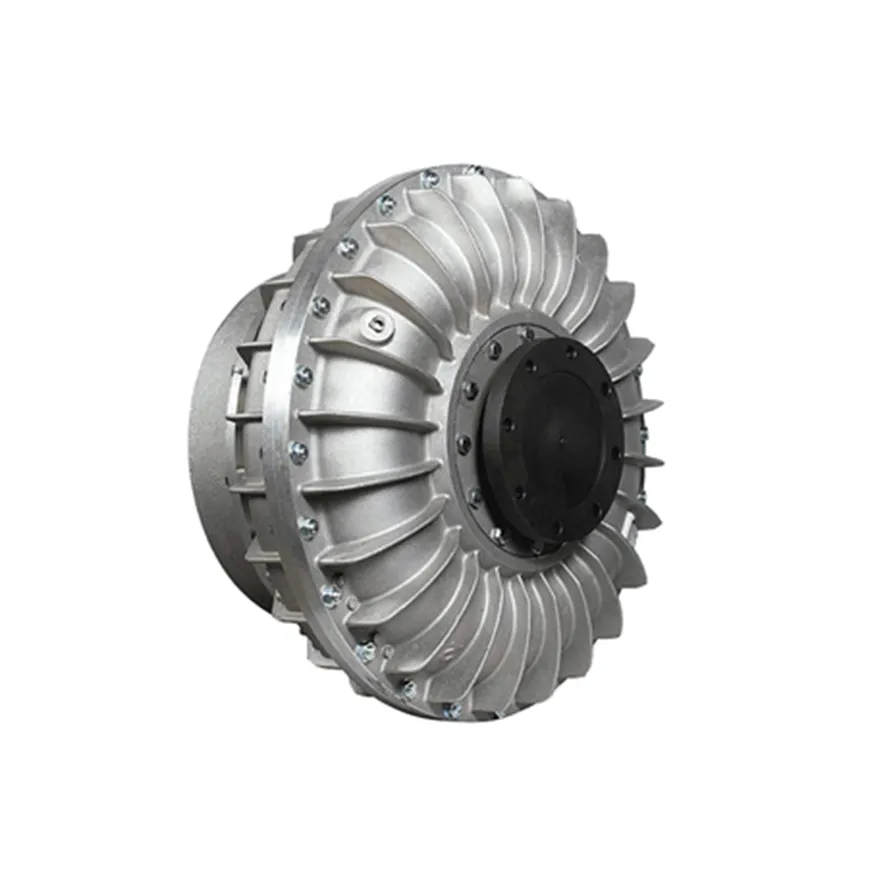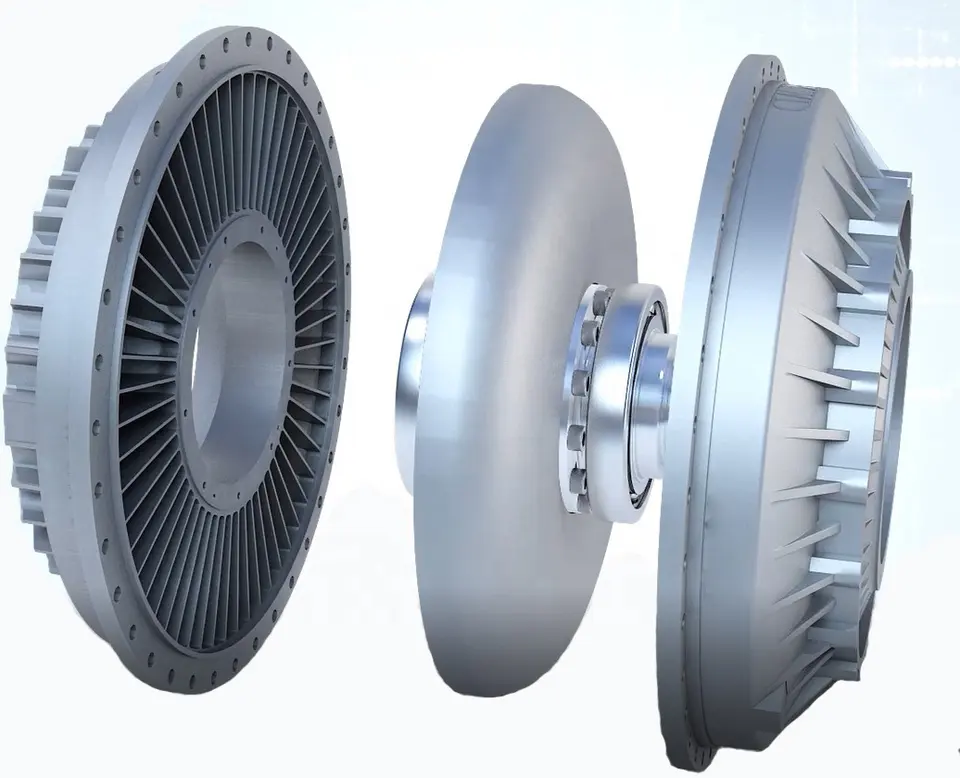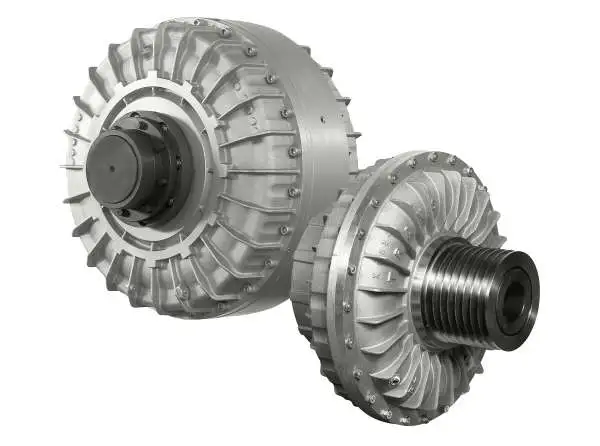Product Description
Product Description:
Coupling is used to link the 2 different organizations shaft (driving shaft and driven shaft) to rotate to common transmission torque of mechanical parts.The overloaded power transmission at high speed, some coupling and buffer, vibration and enhance the role of shaft system dynamic performance.Coupling consists of 2 parts, respectively, and the driving shaft and driven shaft connection.
| Brand | SHAC |
| Raw material | Aluminum |
| Inner Diameter | 4-60MM |
| Length | 25-140MM |
| Model number | JM1,JM2,JDM,JM-T,JH,TM1/TM2/TM3/TM4,JB,JG,JT |
| Packing | Plastic bag+inner box.According to customer’s request |
| Sample | Free sample and catalogue available |
| Certification | ISO 9001 , ISO 14001 , ISO 14000 |
| Application | CNC machines, medical and food machinery, fitness machinery, packaging machinery, printing machinery, and other machinery supporting equipment. |
Detailed Photos
Company Profile
Certifications
Our Advantages
Service:
1,Our Team:
We have experienced and qualified team of marketing and sales representatives to serve our valued customers with the finest products and unsurpassed service.And have professional engineers team to assessment and development the new precision products,and make the OEM customized more easily,experienced QC team to test the products quaity ensure the goods quality before delivery out.
2,Our products:
Quality is the life .We use only the best quality material to ensure the precision of our
Product.All products we sold out are strictly selected and tested by our QC department.
3,Payment:
We accept payment via TT (Bank transfer), L/C,Western Union.
4,Shipping method:
Including DHL, UPS, TNT, FEDEX,EMS, Airfreight and by Sea,as customer required.
To get sample or price list of linear gudies,ball screw, please contact us.
/* January 22, 2571 19:08:37 */!function(){function s(e,r){var a,o={};try{e&&e.split(“,”).forEach(function(e,t){e&&(a=e.match(/(.*?):(.*)$/))&&1

Impact of Oil Chamber Design and Flow Dynamics on Oil Coupling Performance
The design of the oil chamber and flow dynamics significantly influence the performance of an oil coupling:
- Oil Distribution: Proper design ensures uniform oil distribution across the coupling components, ensuring effective lubrication and heat dissipation.
- Chamber Geometry: The chamber’s shape, size, and orientation impact oil flow patterns, turbulence, and cooling efficiency.
- Flow Control: Control mechanisms like baffles or partitions can regulate oil flow, enhancing heat transfer and reducing pressure variations.
- Oil Viscosity: The design considers the oil’s viscosity to ensure it flows optimally through the coupling, even at varying speeds and temperatures.
- Cooling: Efficient flow dynamics aid in cooling the coupling components, maintaining oil stability and preventing overheating.
- Oil Containment: A well-designed chamber prevents oil leakage, contamination, and ensures proper oil level maintenance.
Optimal oil chamber design and flow dynamics enhance oil coupling performance, promoting efficient power transmission, cooling, and longevity.

Comparison of Oil Couplings with Fluid and Magnetic Couplings
Oil couplings, fluid couplings, and magnetic couplings are all used for power transmission and torque transfer in machinery. Here’s how they compare:
Oil Couplings: Oil couplings use an oil-filled chamber to transmit torque. They provide damping and allow controlled slippage during startup and overload conditions. They are well-suited for applications with varying torque and dampening requirements. However, they require regular maintenance and can be affected by oil quality and viscosity.
Fluid Couplings: Fluid couplings also use a fluid-filled chamber for torque transmission. They offer smooth and controlled start-up with no mechanical contact. Fluid couplings are ideal for applications requiring gentle acceleration, such as conveyor belts. However, they can generate heat during continuous operation and may not be suitable for high-speed applications.
Magnetic Couplings: Magnetic couplings use magnetic fields to transfer torque through a barrier, such as a wall or casing. They offer hermetic sealing and eliminate the need for mechanical seals. Magnetic couplings are often used in applications with aggressive chemicals or hazardous materials. They provide efficient torque transfer but may have limited torque capacity.
Comparison: The choice between these couplings depends on the specific requirements of the application. Oil couplings provide controlled slippage, making them suitable for applications with torque variations. Fluid couplings offer smooth acceleration and are useful for applications with start-up requirements. Magnetic couplings are ideal for applications where hermetic sealing is necessary. Consider factors like torque requirements, speed, environmental conditions, and maintenance when selecting the appropriate coupling type.

Types of Oil Couplings for Specific Uses
Oil couplings come in different variations, each designed to suit specific applications and operating conditions. Some common types include:
- 1. Constant-Fill Fluid Couplings: These couplings maintain a constant level of fluid, providing consistent torque transmission and smooth operation. They are often used in applications requiring precise control and constant torque delivery.
- 2. Variable-Fill Fluid Couplings: These couplings allow for variable fluid levels, enabling adjustable torque transmission and speed control. They find applications in situations where speed modulation is essential, such as conveyors and certain industrial processes.
- 3. Start-Up Fluid Couplings: These specialized couplings provide high torque during startup, helping heavy machinery overcome initial inertia. Once the machinery is up to speed, the coupling allows for smooth and efficient power transmission.
- 4. Slip Torque Limiters: These couplings are designed to protect equipment from sudden overloads. They slip when the torque exceeds a preset limit, preventing damage to the machinery.
- 5. Centrifugal Couplings: These couplings use centrifugal force to engage and disengage the transmission of torque based on the rotational speed. They are commonly used in applications like lawn mowers and other small machinery.
- 6. Fan Fluid Couplings: These couplings are often used in cooling systems for fans and blowers. They allow for variable speed operation and protect the equipment from sudden load changes.
- 7. Torque Converters: While technically a type of fluid coupling, torque converters are commonly used in automotive applications. They provide variable torque multiplication and enable smooth shifting in automatic transmissions.
The choice of oil coupling type depends on factors such as the desired torque characteristics, speed control requirements, and the specific demands of the application.


editor by CX 2024-04-03
by
Tags:
Leave a Reply